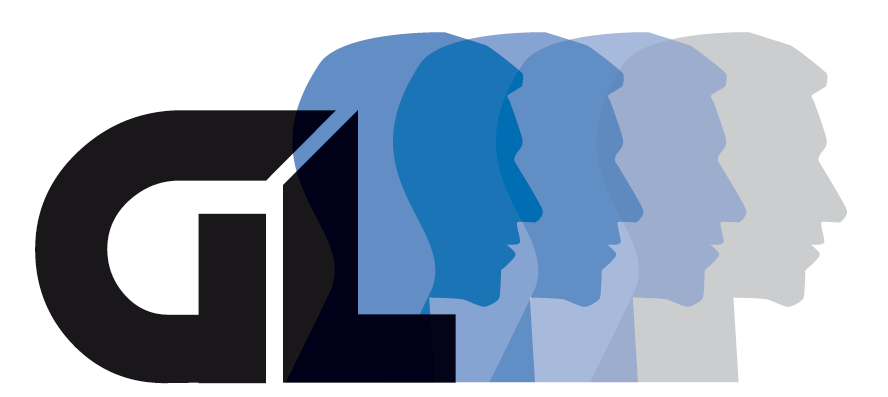For generations, the traditional masculine ideal has been deeply ingrained in society. It often revolves around the idea of men as stoic, strong, dominant, and emotionally reserved. Men were expected to provide for their families, be the breadwinners, and suppress their emotions. This narrow definition of masculinity not only limited men’s personal growth but also contributed to harmful stereotypes that affect both men and women.
 This traditional masculine ideal paints a picture of men as unflinchingly tough, with an unwavering facade of strength. Men were conditioned to believe that showing vulnerability or expressing emotions other than anger or stoicism was a sign of weakness. This expectation placed immense pressure on them to conform to a set of rigid norms, often at the expense of their mental and emotional well-being.
This traditional masculine ideal paints a picture of men as unflinchingly tough, with an unwavering facade of strength. Men were conditioned to believe that showing vulnerability or expressing emotions other than anger or stoicism was a sign of weakness. This expectation placed immense pressure on them to conform to a set of rigid norms, often at the expense of their mental and emotional well-being.
The notion that men must be dominant and assertive has been at the core of the traditional masculine ideal. This concept not only encouraged competition and aggression but also contributed to power imbalances in relationships, workplaces, and society at large. The expectation that men should always be in control and assertive undermined their ability to form genuine connections and empathize with others.
Another facet of the traditional masculine ideal is the role of men as primary providers for their families. While providing for one’s family is a noble pursuit, this ideal sometimes forced men into careers and roles they may not have chosen for themselves. Men who aspired to careers that did not conform to traditional norms often faced societal pressure and discrimination, making it challenging to pursue their true passions and talents.
The Harmful Effects of Traditional Masculinity
Traditional masculinity has deep-seated stereotypes that wield far-reaching and detrimental consequences across various aspects of life and society. These consequences transcend mere stereotypes and are complex and multifaceted.
One of the most insidious impacts of traditional masculinity is the suppression of emotions. Boys are often taught from an early age that showing vulnerability or shedding tears is a sign of weakness. This emotional suppression can result in a profound disconnect from one’s feelings. Men conditioned to hide their emotions may find it difficult to express themselves genuinely, leading to internalized stress and an inability to communicate effectively with others.
Traditional masculinity can foster what’s known as toxic masculinity – a set of attitudes and behaviors that emphasize dominance, aggression, and the degradation of characteristics typically associated with femininity. This can manifest in harmful ways, such as aggression, sexism, and a lack of empathy. Toxic masculinity contributes to a culture where violence, discrimination, and harassment become normalized, affecting both men and women negatively.
The traditional masculine ideal also influences career choices. Men are often pushed toward professions perceived as traditionally masculine, such as engineering or construction, while careers in fields like nursing or elementary education are sometimes met with skepticism or discrimination. This not only restricts men from pursuing their true interests and talents but also reinforces gender stereotypes in the workplace.
In the realm of relationships, traditional masculinity can create difficulties in forming and maintaining healthy bonds. Men who have been conditioned to suppress their emotions and avoid vulnerability may struggle to connect emotionally with their partners. This can lead to misunderstandings, a lack of intimacy, and conflicts within relationships.
Lastly, the pressure to conform to traditional masculine norms can have severe consequences on men’s mental health. Suppressing emotions and dealing with societal expectations can lead to increased stress, anxiety, and depression. Unfortunately, due to the stigma associated with seeking help for mental health issues, many men suffer in silence.
Redefining Masculinity
The concept of redefining masculinity represents a crucial shift in our understanding of gender roles and societal expectations. It signifies a departure from the traditional norms that have long constrained men and placed them in a rigid framework of masculinity. Redefining masculinity embraces a more inclusive, diverse, and emotionally expressive understanding of what it means to be a man in today’s world.
Redefining masculinity involves embracing emotional intelligence as a fundamental aspect of manhood. Men are encouraged to express their emotions openly and honestly, recognizing that vulnerability is not a sign of weakness but rather a demonstration of strength. This shift allows men to better understand and manage their own feelings while fostering empathetic connections with others. By acknowledging and accepting a wide range of emotions, men can break free from the emotional suppression that has characterized traditional masculinity.
Redefining masculinity challenges the conventional gender roles that have restricted both men and women. This means that men should be free to pursue careers and interests based on their passions and abilities, rather than feeling constrained by stereotypes that dictate their choices. It’s about recognizing that a man can be a nurturing stay-at-home parent, an empathetic caregiver, or an artist without these choices being seen as a threat to their masculinity.
In the realm of relationships, redefining masculinity promotes the importance of healthy, equitable partnerships. Men are encouraged to actively participate in nurturing and maintaining these relationships, sharing responsibilities in the household, and being supportive partners. This shift away from traditional gender roles fosters more profound connections and mutual respect between individuals, strengthening the bonds between partners.
Celebrating diversity is another fundamental aspect of redefining masculinity. This approach acknowledges that not all men fit the same mold and that masculinity can be expressed in various ways. Society should be inclusive and accepting of men from different backgrounds, cultures, and orientations. By embracing this diversity, we create a more equitable and inclusive world where everyone’s unique identity is respected and valued.
